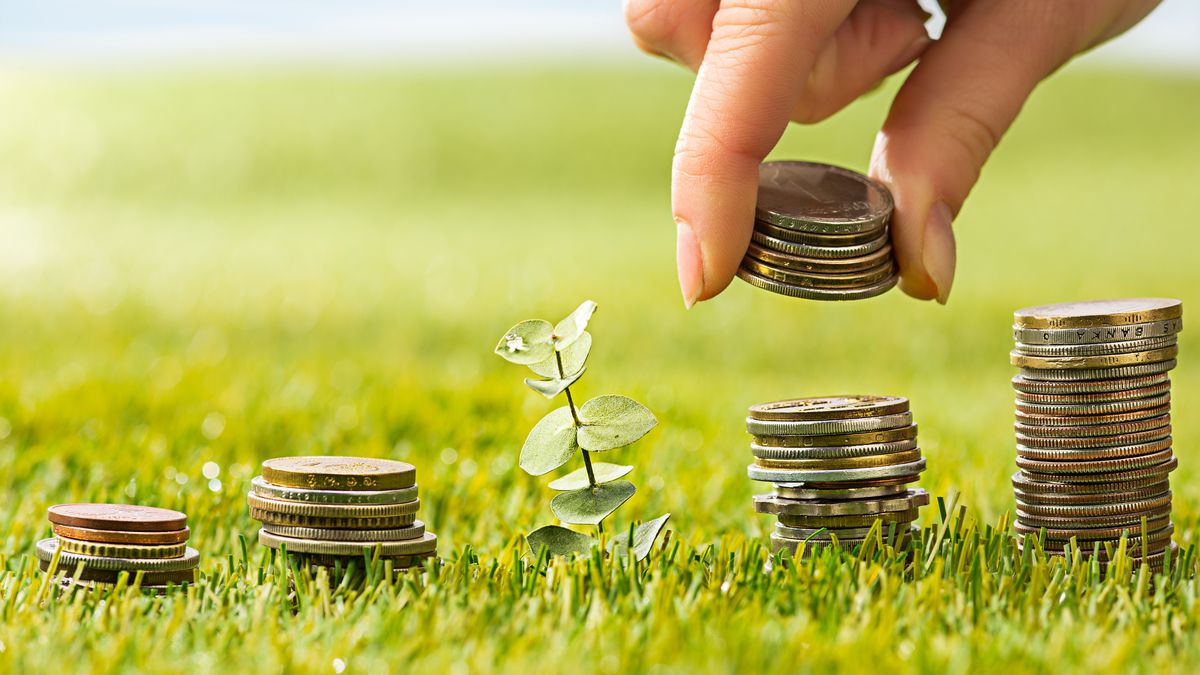He Inter-American Development Bank (IDB) will give to Uruguay a credit of 200 million dollars to mitigate the effects of the climate change, by recognizing that the country suffered between this year and 2022 “one of the worst droughts of its history”.
The credit that the multilateral organization approved to the government headed by the president Luis Lacalle Pou seeks to “contribute to the water security”, that is, it will help avoid a new water crisis, but it also aims to underpin “environmental sustainability with a focus on circularity, adaptation and mitigation to climate change.”
Among the fundamentals of the loan, the IDB admitted that the drought that occurred between the end of 2022 and the beginning of 2023 “strongly impacted all economic sectors, especially the supply for human consumption, by not having sufficient quantity and quality of water.”
The specific objective of the credit is “to improve the management of water resources and the quality of water services”, in order to increase “resilience to extreme events and strengthen the management of Solid waste”.
The organization stated that this last item “is closely linked to the water situation, since its inadequate disposal contaminates water resources, exacerbates the impacts of extreme events and generates serious environmental, social and economic consequences.”
What will the money be invested in?
Of the 200 million dollars, the IDB said it will use the money to advance ten policy reform measures, such as the Action Protocol against Droughts and a Flood Early Warning Protocol, “that will improve the capacity for prevention and response to extreme events.”
Regarding solid waste management, the entity spoke of “a circular economy approach, which will include the execution of the National Strategy for the Prevention and Reduction of Food Loss and Waste, that will address the challenge of the loss of 10% of food in the country.
Among these actions, it will also advance agreements with the Ministry of Environment and the departments, as well as “the comprehensive management of waste from electronic devices, due to their potential content of hazardous waste”.
The credit is added to the unprecedented loan from the World Bank
This credit of IDB, which has a repayment period of 20 years and a grace period of 5 years and 6 months, is added to the recent unprecedented loan granted to the country by the World Bank, linked to climate goals.
This is the first initiative of its kind between the agency and a country, which could save the government up to $12.5 million by reducing the interest rate, as long as the objectives set forth in the Paris Agreement.
Source: Ambito




